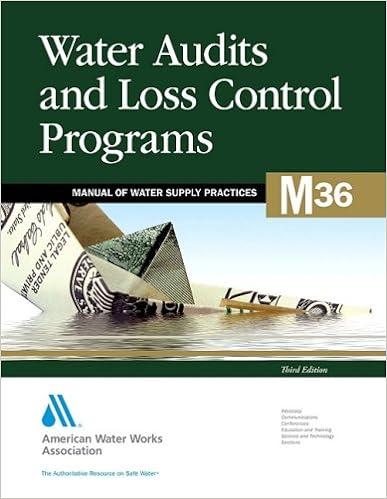CASE STUDY.COM.ESORA Marita Smith works as a data entry clerk in a government depist that is under going downsizing. Smith, who is severely hearing-impaired, har een a productive employee in her department for the last five years. Her performance has always been above average Smith has received notice that her position is being eliminated as part of the downsizing. Under her union's contract, she must be given preference for any gon. ernment job for which she is qualified. She must be given the job at the expense of other workers, even those already in the position, who may have less seniority. This practice is known as "bumping." Smith has been invited to apply for a term position in another government department , which is converting archival data from paper to an electronic database. To qualify for the position, Smith will have to pass an interview, a timed typing test, an accuracy test that involves accuracy in transcribing information from a computer screen, and another accuracy test that involves fol lowing written instructions to enter written records into the computer database . These are the same tests that all candidates for the position have had to pass to become eligible for the job. Smith was interviewed one week prior to being administered the three skill tests. The interview protocol followed a standardized form used by all government depan ments. The three skill tests were administered to groups of nine applicants each. The applicants were seated at desks with computers, which were arranged in three rows of three desks each. The instructions for the tests were given verbally by the test administrator. Smith was provided with the services of a sign language interpreter during the testing and interview sessions. Smith passed the interview but failed the skill tests. Her scores are presented in Table 3.5, along with the minimum scores that had to be obtained on each test to receive a job offer. Based on her performance on the tests, Smith did not receive an offer for the job and was laid off when her current job ended. Smith now believes that she was the victim of discrimination based on her physical disability, she claims that during the interview many references were made to her disability and that the inter viewer always addressed questions to the sign language interpreter and never made eye contact with her. She feels that she was at a disadvantage in taking the skills tests TABLE 3.5 SMITH'S SCORES RELATIVE TO STANDARDS NEEDED TO PASS EACH TEST STANDARDS SMITH Interview 30 out of 50 points 36 Typing Test 50 words per minute with 36 wpm 5 errors 5 errors or fewer Accuracy-following 7 out of 10 5.5 Instructions Accuracy --Transcribing 7 out of 10 5 Her prospective employer claims that had she passed the tests skuld have been hired and her disability would have been accommodated. The employer argues that the testing standards were reasonably necessary for the efficient performance of the work. The standards in Table 3.5 are being justified as bona fide occupational requirements (BFORs). Smith has now filed a complaint with her provincial human rights commission. QUESTIONS 1. Should Smith have received a job offer? Why or why not? (In answering this and the following questions, base your arguments on the court cases presented in this chapter.) 2. Was Smith the victim of discrimination because of her disability? 3. Did she receive appropriate accommodation








